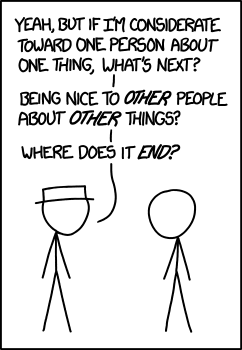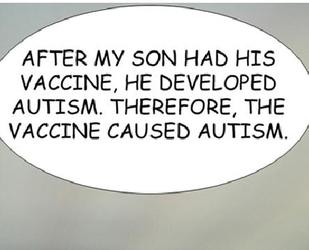The general argument made by Susan Engel in her work, Joy: A Subject Schools Lack, is that joy is treated as an enemy to learning. More specifically, Engel argues that the joy in learning is a necessity in a child's education, not just an option or an obstacle. She writes, “Decades of research have shown that in order to acquire skills and real knowledge in school, kids need to want to learn.” In this passage, Engel is suggesting that students need to be interested in what they're learning in order to take the information given to them and process it. In conclusion, Susan Engel’s belief is that pleasure is needed in order for students to learn.
In my view, Susan Engel is right, because I can relate as a student. More specifically, I believe that finding pleasure in what you're trying to learn has always been an important part of learning, and it needs to be reenforced into the education system. For example, students, from what I've seen, learn more easily when they're more interested in what they're doing.. Although some might object that and say that it's possible for students to learn if they just concentrate and work harder, I maintain that it's easier for me to learn in the classes I have taken interest into, like my chemistry class for example. Therefore, I conclude that pleasure and joy should be a part of the school and education system as a catalyst for students' learning.
This is a blog filled with crappy english assignments written by the one and only Abegail Tupuola~ I'm so sorry for those who read through all of this...
Wednesday, February 24, 2016
Monday, February 1, 2016
Thesis Statements Activity
- "Same-sex classrooms are a possibility in public education, but co-ed classes for public schools are a much better choice for the grades of 10 through 12." A counterargument thesis statement will be effective with this prompt so then the writer can look at both sides in their response, making their work more credible and increasing their ethos.
- "Although betraying the country is an extreme measure that not many would want to take for a "friend", E.M. Forster emphasizes his loyalty to the ones he truly cares about in his quote." This essay is an argumentative essay, so using a counterargument thesis will help you support your side better.
- "I...I didn't want to take the time to come up with more thesis statements..." Since this essay requires/recommends more than three main points to focus on, using an open statement will make it more effective to talk about multiple points successfully.
- "Advertising degrades the people that it appeals to since ____, ____, and ____." This essay is one where you take a position and support it, most likely with 2-3 points, so listing out your points in a closed statement will make a strong start for the rest of the essay.
- "It's a normality for teachers to become upset over plagiarized work, but considering that they have seen the bigger picture and looked from the student's side of the story, they may have a different reaction." In this essay, viewing both sides of the essay will help make your point stronger and more credible. So, using a counterargument thesis is effective.
I hope making thesis statements wasn't a big part of it, but I did put why I did it so I hope that's good enough...
Subscribe to:
Posts (Atom)






